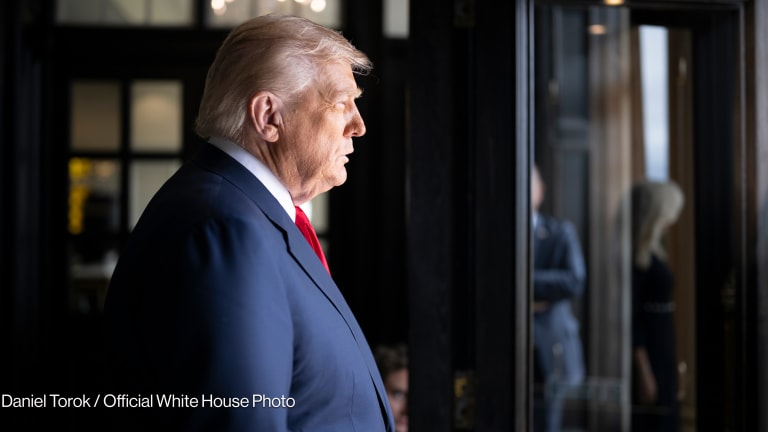Donald Trump’s imminent return to power is sending tremors through the international development world, which is bracing for a radical shift in U.S. overseas priorities over a sweeping range of issues from abortion, climate, health, and LGTBQI rights to reform of the international financial system and likely cuts in funding to the U.S. Agency for International Development and the United Nations.
The Trump campaign has provided scant details on its specific plans on the development front but if the past is prologue, it’s safe to bet on a slew of jarring early administration initiatives, starting with the restoration of the Mexico City Policy, or global gag rule; the withdrawal from the Paris Climate Agreement; and the U.S. exit from a number of international agencies, including the U.N. Human Rights Council; defunding other agencies such as the U.N. Population Fund and UN Women, and even possibly withdrawing from the World Health Organization and World Bank.
Former Trump political appointees have underscored the need to align U.S. foreign aid with U.S. foreign policy and national security objectives, including by countering Chinese influence and promoting free-market reforms, pro-life policies, and religious freedom.
Read more on what Trump’s second term would portend:
► How will a shifting US Congress shape foreign aid?








